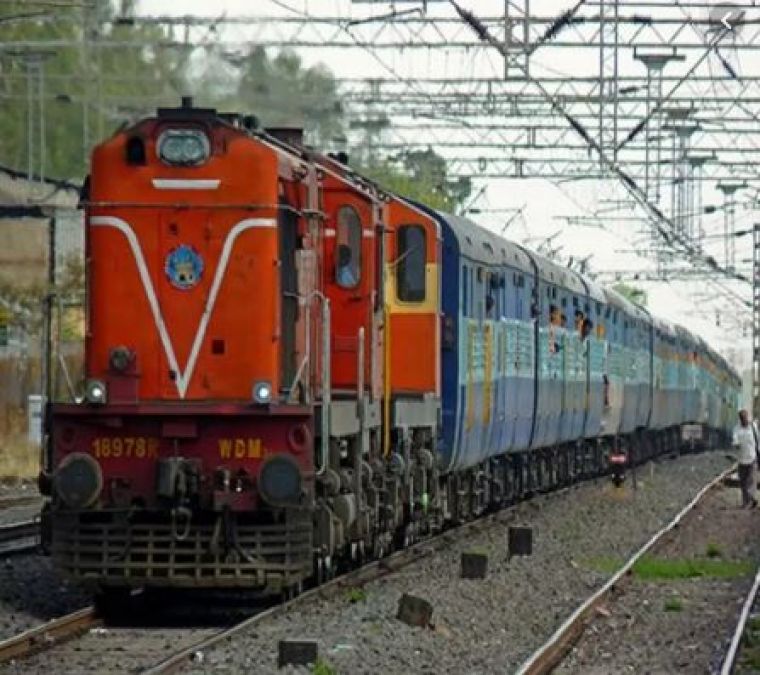
The Railway Minister has also given a statement that it is proposed to submit the Railway Budget separately. By this, railways can be given a strong economic base by avoiding populist announcements. Indian Railways is the world's largest passenger rail service and ranks among the largest freight services. While most government committees recognize that railways are more environmentally friendly than road transport, with 10 times better energy efficiency, the railway infrastructure should not cost less than Rs 3 lakh crore annually. The rail network in China has increased from 21,800 km in 1949 to 1,21,000 km in 2015. In comparison we were 53,596 km in 1950-51 which was 65,806 km in 2013-14. China levied $ 130.40 billion in 2014 and in 2015 created 9,000 km of new network. It aims to take the network to 2,74,000 km by 2050.
Our railway needs are probably more than China due to limited oil reserves on the ground. Right now we are making 800 km of tracks every year. This is an improvement over the previous 200 km. The railway budget underscores this need. The NITI Aayog has also recommended to regain 80 per cent of the contribution of the Railway before independence due to increasing oil burden. According to the white paper submitted by the government in February 2015, only 23 per cent of the rail network has been added since 1950-51, although freight transport has increased by 1344 per cent and passenger transport by 1642 per cent. The nation wants to know how the government wants to achieve this. In any case, the railways share 35 per cent in freight and 10 per cent in passenger transport. The truth is that its effect is more important than income size. Railways' revenue is around Rs 2 lakh crore annually (Rs 1,84,820 in 2016-17). But if you add 10% energy economy and carbon emission savings, the impact will be more than Rs 20 lakh crore, which is comparable to the annual capital expenditure of the government. Through the rail budget, the independent management of funds by the railways has saved the country a subsidy of Rs 67,000 crore. In this process, the government has been able to withdraw money for employment guarantee scheme, food, fertilizer gas subsidy.
The Rail Budget follows the same procedure as the Union Budget. It also seeks approval from the Prime Minister-led cabinet for all announcements. All the proceeds go to the unified fund and the demand turns into a grant after Parliament's permission. Except for some 'paid' expenses, the money for the expenditure can be taken only after the approval of Parliament. The only difference is that while being part of the railway budget, the details are also public and people can see the development happening. That transparency is very important in our democratic system. Apart from this, the first thing is that in order to persuade the Prime Minister and the cabinet members, the personal charisma of the Railway Minister is needed. Then the Railway Minister was in a defensive role while making the populist declarations and worked hard to show how he would take care of the interests of other states. Once the General Budget is presented as soon as this democratic curb is removed, then the proposer leader will easily make more announcements for the target category and will rob more credit from the supporters. Right now the Railways is also an example for other ministries how to reduce the burden of subsidy by generating their funds. The estimated subsidy burden on the country in 2013 was Rs 3.6 lakh crore.
Also Read:
44 trillion dollar industry may be threatened due to this reason
Sensex and Nifty open at record levels, these stocks have seen a sharp rise
Petrol-Diesel: Petrol and diesel prices fall, Know rates